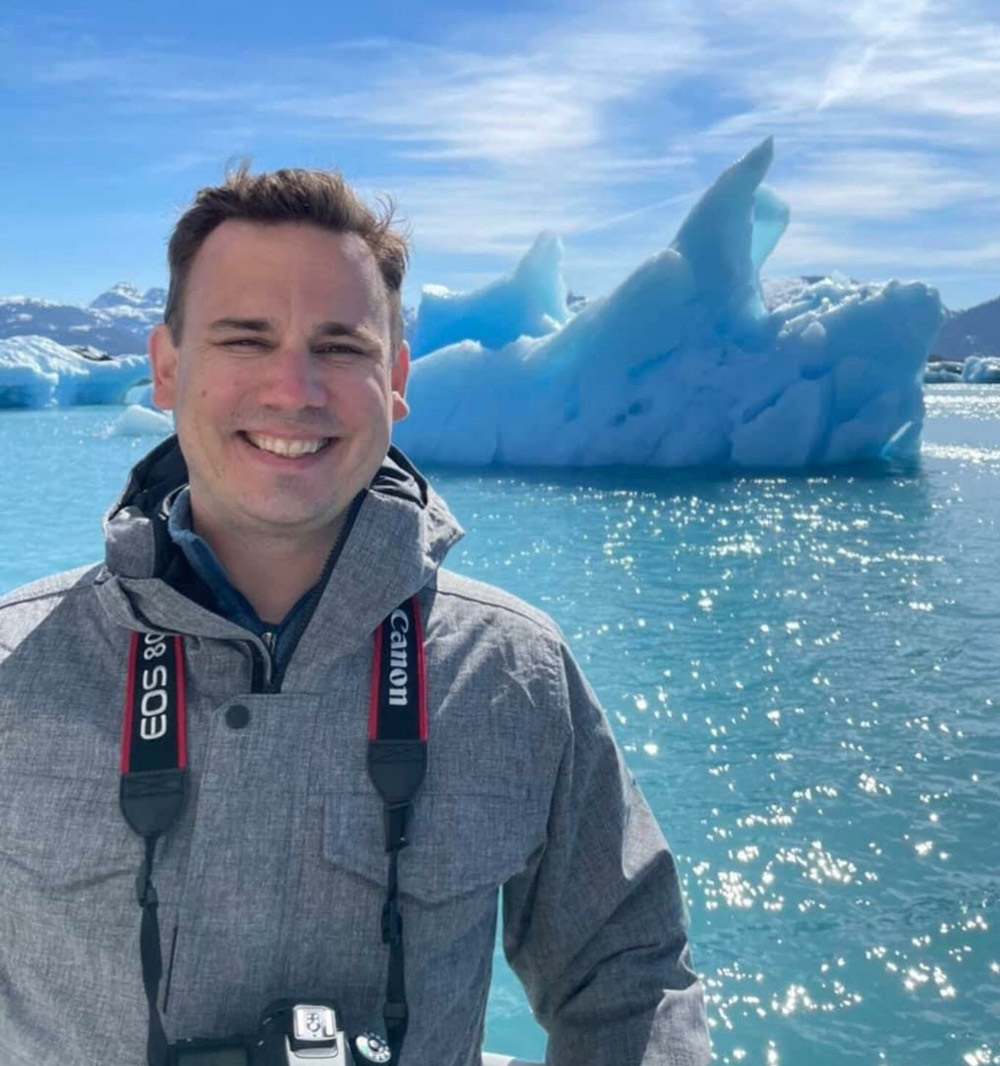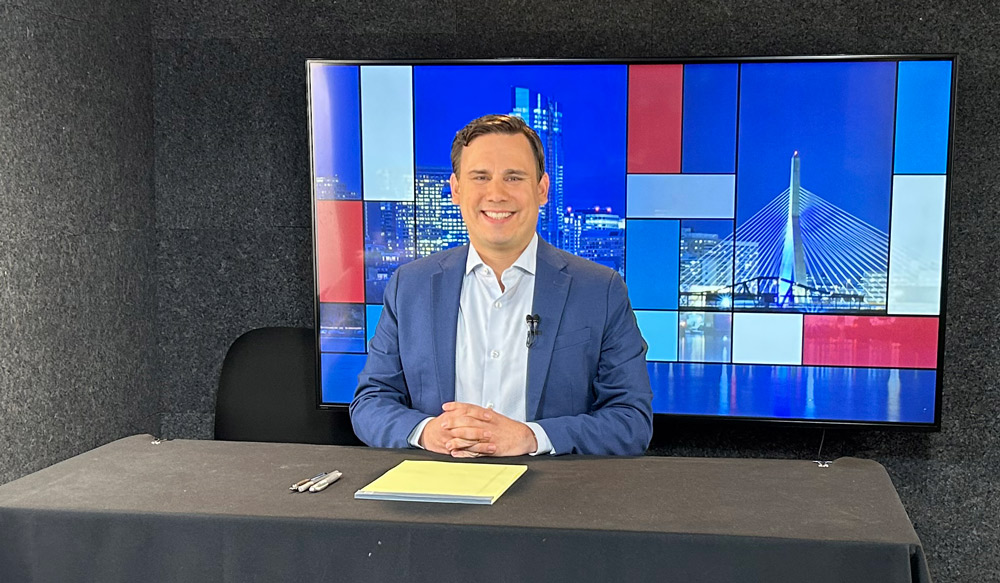of the Storm
During my time in Boston, I had the opportunity to cover some of the biggest, strongest, and most destructive hurricanes to make landfall in the United States between 2016 and 2021. These storms rapidly intensified before making landfall at an almost unprecedented rate, and once the storms made landfall, they dropped historic amounts of rain. For every degree Celsius the atmosphere warms, it holds seven percent more moisture. That manifests in the form of heavy, flooding rains, which happen on a more frequent basis. After witnessing these catastrophic impacts of climate change, I saw the urgency for covering the crisis regularly during the evening newscasts. Station management in Boston were supportive of the idea, and we launched the country’s first weekly series on climate change.

Last summer, the snarky, nasty, and often vulgar e-mails hit a new level. There was one e-mail that made us question our move to Iowa and ultimately initiated the beginning of the end. One day after a haircut, I read a message that left me rattled. “What is your home address? Us conservative Iowans want to give you a welcome you’ll always remember, kind of what the libtards tried to do to Justice Kavanaugh.” The e-mail was followed up by a chain of equally threatening, harassing messages sent from the same person. Police took the situation seriously and eventually arrested a man for harassment.
The man pled guilty, paid a small fine and the situation made the local papers for a day. However, what concerned me most was the fact that the man said he talked about it with his friends, and they told him I was still talking about climate change. At what point, does a person feel strongly enough to take a stand on an issue they think is important? What hill are they willing to die on? How much do they have to lose? These were questions which left us feeling unsettled. After soul searching and weekly therapy, we decided it was best to move on.

I got my start at Plymouth State University. My passion for weather began in second grade when Hurricane Bob hit my hometown. It was Plymouth State that helped me achieve my lifelong goal. My professors prepared me for every aspect of my professional life. The friends, I made there, helped me get through some of my toughest times, like my life changing experience in Iowa. The educational foundation I received during my time at Plymouth State also had prepared me for my career change.
It is not easy changing careers at almost 40 years old. I am a senior climate scientist at Woods Hole Group, which, as a CLS company, contributes to monitoring and Earth surveillance solutions around the globe. I help communities build climate resilience. With my communications skillset, I help improve climate literacy, which is critical in our efforts to curb the worst impacts of climate change. My new role is rewarding, and I enjoy devoting my energy to helping solve the existential crisis of our lifetime. ■ Chris Gloninger ’06